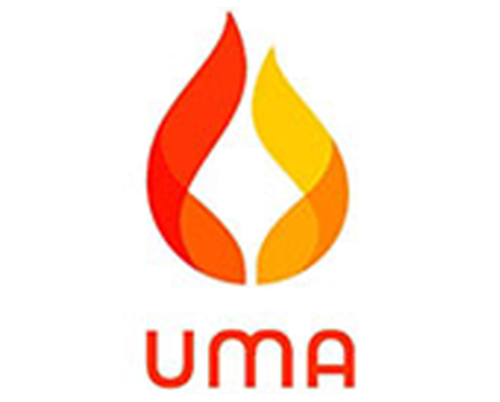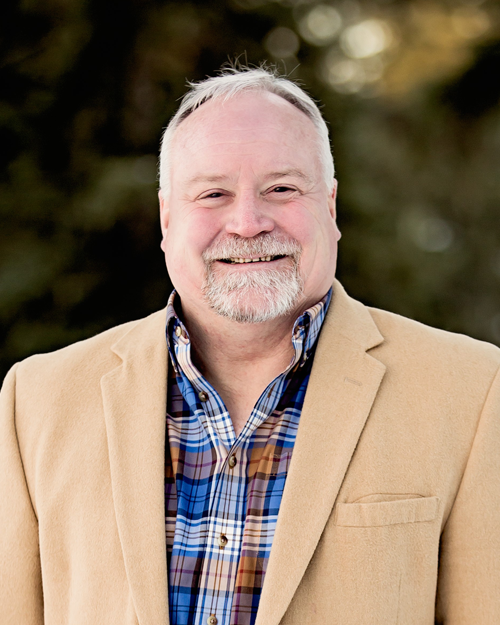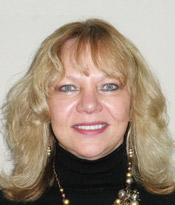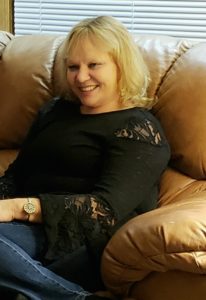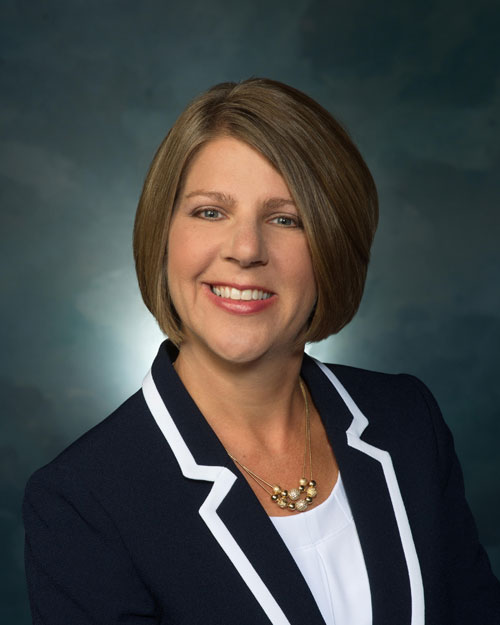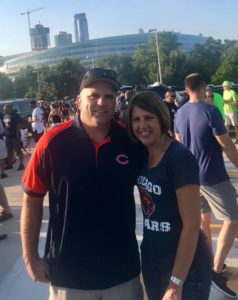 Individuals reach out to relatives, friends and other trusted advisors for relationship, financial or career help all the time. So why are many businesses reluctant to hire a consultant?
Individuals reach out to relatives, friends and other trusted advisors for relationship, financial or career help all the time. So why are many businesses reluctant to hire a consultant?
Some reasons for this resistance include institutional inertia, fear of seeming weak or ineffective and a lack of awareness that a different perspective can provide big dividends.
Companies that consider – or are required – to seek accreditation may think that the process is just a rubber stamp and underestimate the task ahead.
Though many boards and executives only contemplate hiring a consultant when things go south, there are many good reasons to get advice from an experienced consultant when the situation warrants.
Growing Pains
Here’s a familiar scenario in the non-profit world: the board is raising money, staff is hired and the vision is being executed. However, growing demand for services outstrips the capacity of the organization to scale up.
In other cases, the mission expands into new, related opportunities that pull non-profits into unforeseen directions.
These seem like good problems to have, but when you’re faced with an unexpected crisis or an overload of decisions to be made, having a consultant who can see through the fog and help vet options is invaluable.
Few non-profits possess the capacity to undertake their own competitive and/or market research to support decision-making, help your team develop an action plan and set goals and priorities.
Conflict Resolution
It happens all the time: two powerful individuals or factions within an organization clash over direction or policy. Is providing human services to the vulnerable enough or should the non-profit lobby for new laws to deal with the underlying issues causing the problems?
There is a reason why arbitrators, mediators and the court system exist: to serve as neutral, unbiased third-party judges to either make a decision or help develop an agreement for moving forward.
When different opinions hinder the ability of board and staff leaders to settle on priorities, paid consultants can help organizations move beyond the debate, try to develop a consensus and get back on track to fulfill the organization’s original mission. And they cost a lot less than lawyers.
Navigating the Unknown
Leadership transitions or succession issues can tear non-profits apart. This is one reason why sports teams have coaches: when the top players move on or retire, the deck has to be reshuffled. Professional facilitators can help develop a strategic plan and prepare your board and staff leadership for seamless change and determine the best path to ensure future stability.
Through the Viewfinder
When competing priorities or sudden crises emerge, consultants can help focus on the most important ways to deal with adversity. They can be tasked with developing a ranked, detailed action plan throughout the collaboration so that there’s buy-in from every level of your organization.
For help getting everyone to share goals, implement effective tactics, develop timelines and achieve measurable outcomes, consultants are in a unique position to rally the forces and foster lasting growth and sustainability.
Time Savings
When it comes to navigating the accreditation process, hiring the right consultant can save time (and money).
At Accreditation Guru, our team experts have gained valuable and actionable experience in the field. They know exactly what the accrediting bodies are looking for and how best to compile organization data and information.
But achieving accreditation is an involved process that will require your employees to spend less time on their day-to-day responsibilities. To ensure efficient time management, our consultants go beyond providing training functions and serve as sounding boards to answer questions from staff so no one is spinning their wheels or getting lost in a rabbit hole trying to figure out what the accreditation standards mean.
Rather than serve as a sign of weakness, hiring consultants marks a bold, brave move that can provide lasting benefits far beyond the immediate cost. And achieving accreditation will help increase credibility and stability. Don’t leave your destiny to chance!
To schedule a call with Jennifer Flowers for your accreditation needs, contact us at Info@AccreditationGuru.com or 212.209.0240.



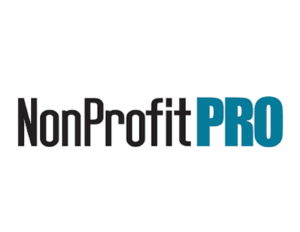
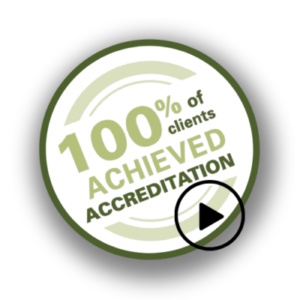

 for more than ten years. She has reviewed a variety of agencies, including nonprofit, religious and military organizations.
for more than ten years. She has reviewed a variety of agencies, including nonprofit, religious and military organizations.
